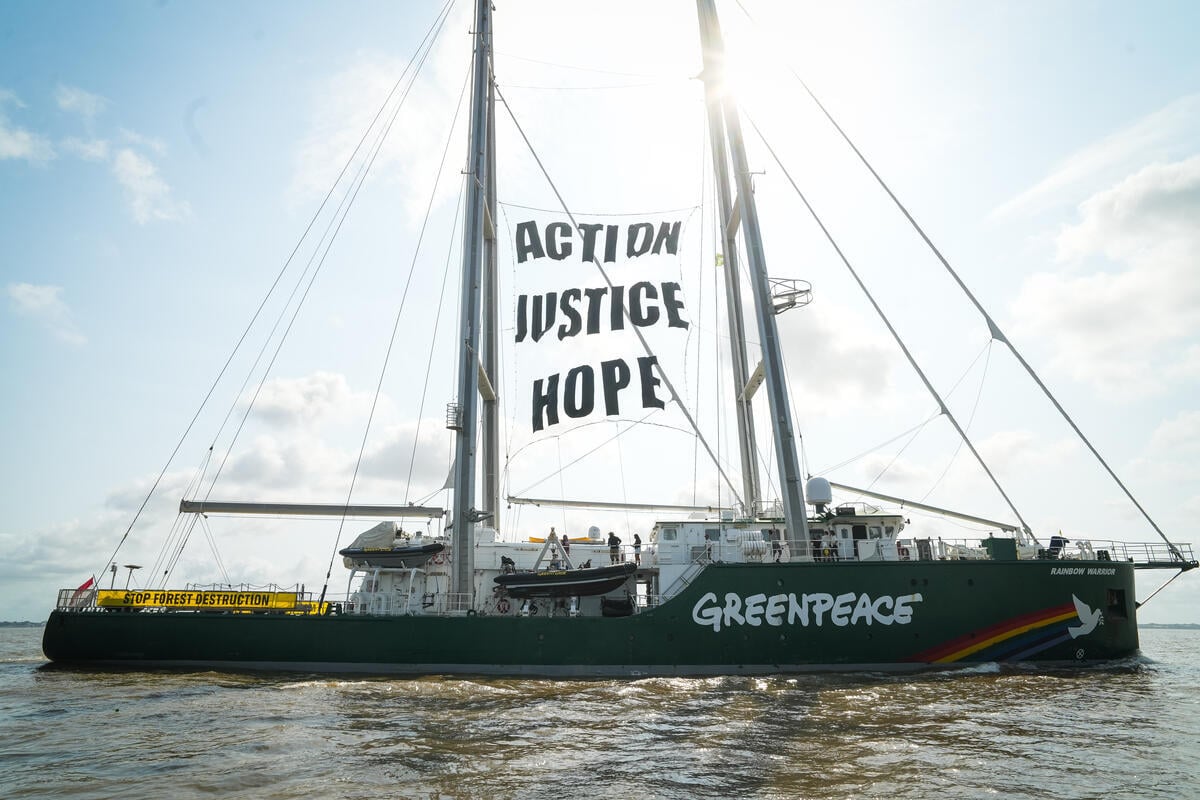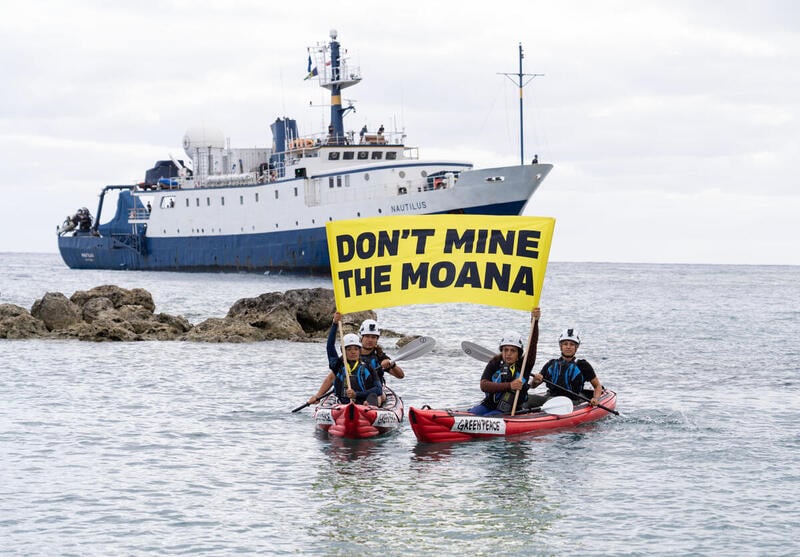As the annual Antarctic Ocean Commission (CCAMLR) fails to agree on long-promised Marine Protected Areas, Greenpeace is calling for governments to urgently invest in the solution – a strong Global Oceans Treaty agreement at the UN.
The latest CCAMLR meeting, which took place between October 24 and November 4 in Hobart, Tasmania, failed to reach consensus on creating three large Marine Protected Areas for the Antarctic Peninsula, East Antarctica and the Weddell Sea – places home to amazing and diverse marine life, from penguin colonies to orca.
Despite support from an overwhelming majority of governments for the MPA proposals, because CCAMLR operates via consensus voting, individual states were able to block progress. Greenpeace Aotearoa campaigner Ellie Hooper says this is exactly why a strong Global Oceans Treaty is urgent and necessary.
“Nobody wants to see a dead and empty ocean. But this is the reality we’re headed towards if we don’t fix the broken system of ocean governance. Bodies like CCAMLR operate via consensus voting which means one or two bad countries can completely block critical protection measures indefinitely.
“A strong Global Oceans Treaty could not only allow for majority – not consensus – voting when implementing Marine Protected Areas but could also tackle the fragmented approach to ocean management that has caused this crisis. We need ocean protection now, and the current system has failed time and time again.”
The failure to agree on increased protections leaves the largest known fish breeding colony, an estimated 60 million icefish nests, at risk.
While negotiations stalled on creating MPAs, the Commission did recognise eight new Vulnerable Marine Ecosystems (VMEs).
These are unique Antarctic seabed ecosystems with high biological diversity, which are now protected from fishing. The new VMEs include seven that were documented during submarine dives from the Greenpeace ship, Arctic Sunrise, and cover approximately 70km2 in total [1].
These sites are spectacularly diverse in sponges and corals, which provide living space for other species such as icefish and octopuses.
The fifth round of negotiations for a Global Oceans Treaty was suspended in August, with countries unable to reach an agreement. However, New Zealand showed strong ambition in these talks, with Greenpeace applauding the Government’s shift to support a Treaty that could be truly transformative for the oceans.
Greenpeace is now urging governments to push for the urgent resumption of talks, and to agree on a strong Treaty that will allow for MPAs to be created across the world.
ENDS
Notes:[1] The seven new VMEs were documented for the first time during submarine dives conducted from the Arctic Sunrise in February and March 2022. The research was led by Dr. Susanne Lockhart of California Academy of Sciences in collaboration with Greenpeace. The new VMEs are clustered around the Antarctic Sound, off the tip of the Antarctic Peninsula. The locations are spectacularly diverse in sponges and corals, showing the complexity and abundant biodiversity that can be found on the Antarctic seabed.




